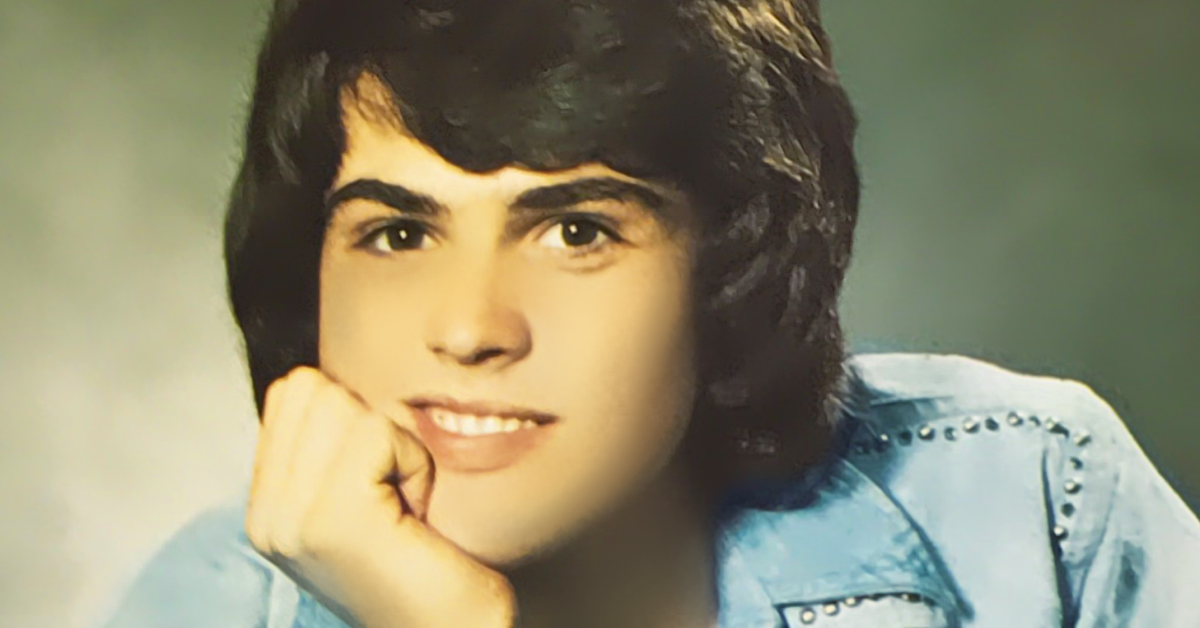
A teenage heartbeat wrapped in grown-up strings—Donny Osmond turns “Puppy Love” into a polished pledge that older ears can still hear as first light.
Set the anchors before the memories take over. “Puppy Love”—Paul Anka’s 1960 ode to young devotion—came roaring back as Donny Osmond’s solo single on February 19, 1972, and it moved fast: No. 3 on the U.S. Billboard Hot 100 (week of April 1, 1972), No. 1 in the U.K. for five weeks (July 8–Aug 5, 1972), and No. 1 in Canada (RPM) for three consecutive weeks in April. The single earned RIAA Gold by March 24, 1972—a tidy receipt for how completely it filled the air that spring.
On your shelf, you’ll find it folded into the hit-making moment of Portrait of Donny (1972), the album that lifted him beyond family fame and into his own lane; that LP would peak at No. 6 in the U.S. as “Puppy Love” and “Hey Girl” did the heavy radio lifting.
The backstory reaches farther back—Paul Anka wrote the song for Annette Funicello when both were teenagers—so Osmond’s remake isn’t a novelty; it’s a handoff. Where Anka’s original framed young love against lush early-’60s pop (and hit No. 2 in the U.S.), Osmond’s 1972 cut sweetens the edges and leans into a boy-next-door intimacy that fit AM radio like a glove. He and producers Mike Curb and Don Costa polish the corners without sanding off the innocence. Listen for Costa’s fingerprint in the strings and the tidy dynamics—an arranger steeped in Sinatra world giving a teen ballad adult poise.
Single-collector details tell the rest of the story. The U.S. 45 came on MGM K 14367 with “Let My People Go” on the B-side—one of those small facts older listeners love because it pins the memory to something you could hold in your hand.
What you hear on the record is the gentlest kind of persuasion. Osmond sings a half-step behind the beat, the vowels rounded and patient, as if the microphone were a late-night phone call. The strings rise, yes, but never to scold the lyric into maturity; they simply light it. Where a lesser production might have pushed for melodrama, this one chooses composure—brushes on the drums, a soft bass line, and a chorus that asks without pleading. That’s why the single aged better than its caricature: it’s a tidy lesson in how restraint can make sentiment sturdier.
There’s even a little radio folklore to underline how the song saturated its moment. On March 15, 1972, L.A. morning DJ Robert W. Morgan spun “Puppy Love” on KHJ for roughly 90 minutes straight—a prank so relentless that worried listeners called the police; officers showed up, found no hostage situation, and left with a story. It’s a comic footnote, yes, but it also measures the tune’s cultural weight: a record kids begged for until grown-ups dialed 911.
The meaning—then and now—lives in that balance between polish and pulse. The lyric’s complaint (“they call it puppy love”) isn’t a pout; it’s a small act of defiance. The singer insists that feeling deeply isn’t a privilege earned by birthdays; it’s a fact you meet head-on when it arrives. Osmond’s reading makes that argument without a raised voice. He doesn’t try to age the song up with grit or gospel; he lets sincerity be the luxury. For older listeners, that’s exactly why the record still works: it remembers the seriousness of young hearts and treats it kindly.
Placed against 1972’s radio landscape—where glam was flashing on the horizon and soft rock was claiming the living room—“Puppy Love” threaded the needle. It kept one foot in the classic pop that raised it (Costa’s strings, clean cadences) and one foot in the new decade’s airier sound. And it gave a 14-year-old voice a framework sturdy enough to keep the song from collapsing into sugar. The charts and certifications are the paper trail; the memory is the proof. You can still hum it end to end without reaching for a breath, and you can still feel the hush in the room when the bridge settles and that final chorus opens like a window.
In the end, Donny Osmond didn’t so much remake “Puppy Love” as reframe it: same melody, same vow, new light. The single is a postcard from a season when AM radio could send a quiet song around the world by dinnertime—and when a boy’s steady tone could make a crowded house fall silent for three minutes and change. Some records get older. This one mostly slows—like a memory you keep because it once told the truth about you, and still does.